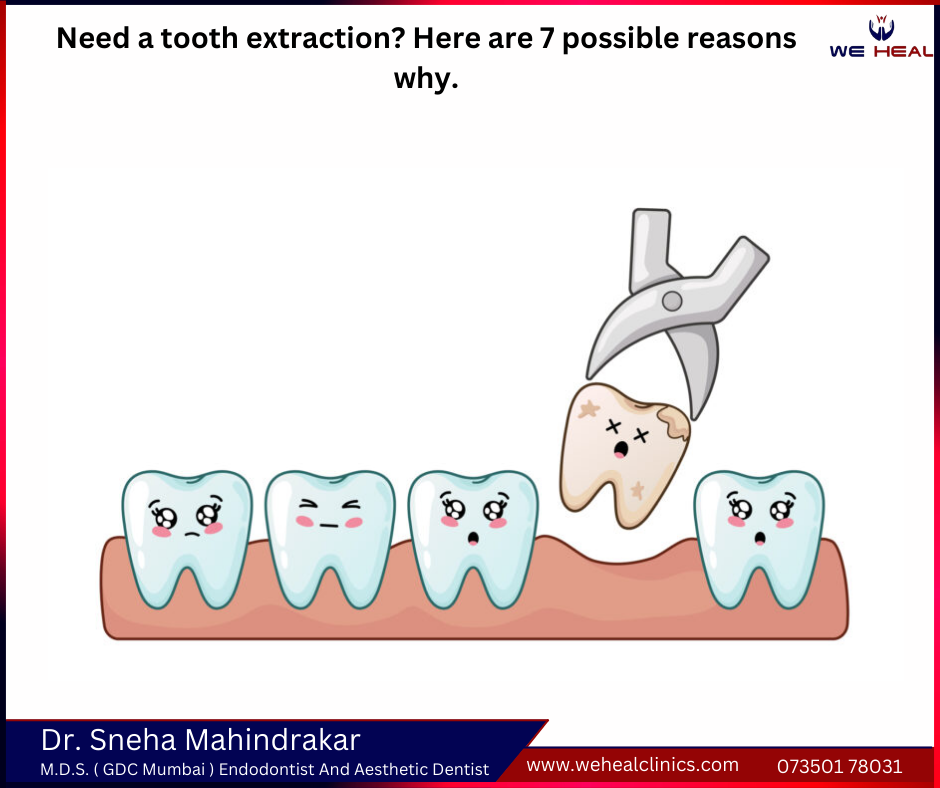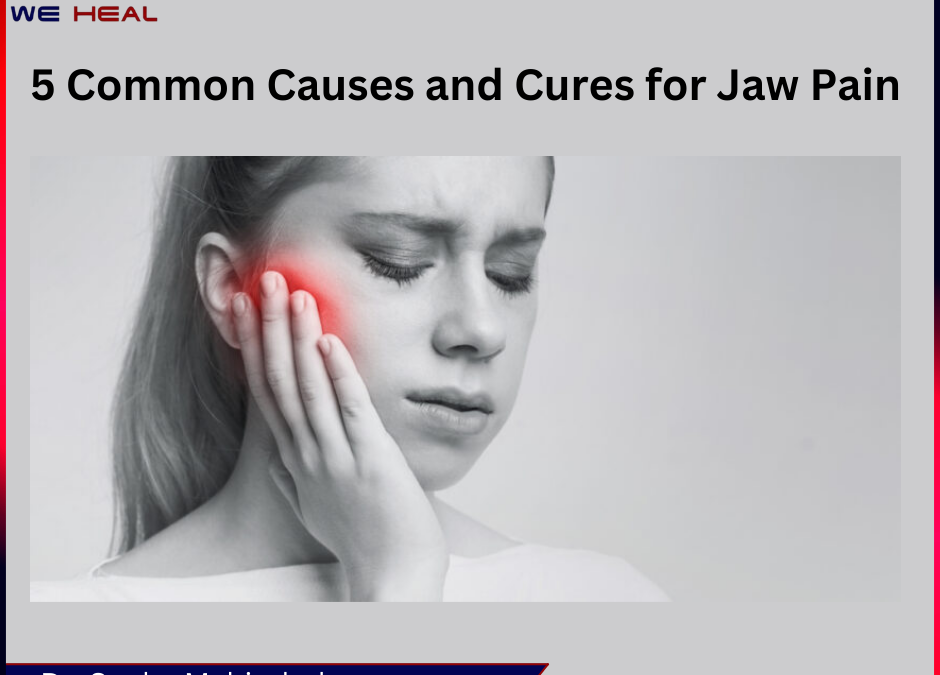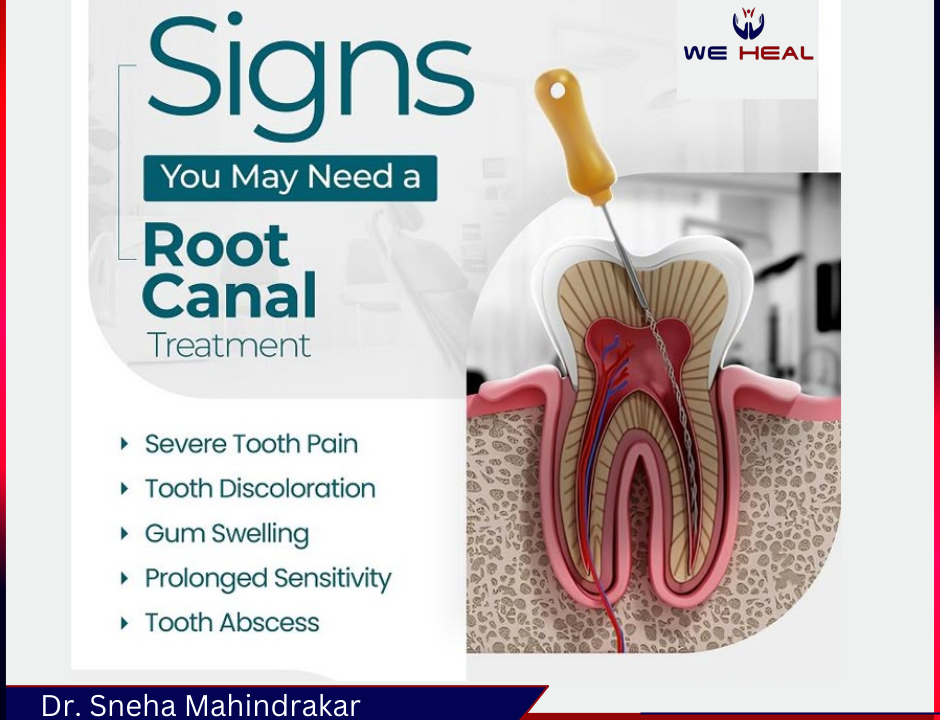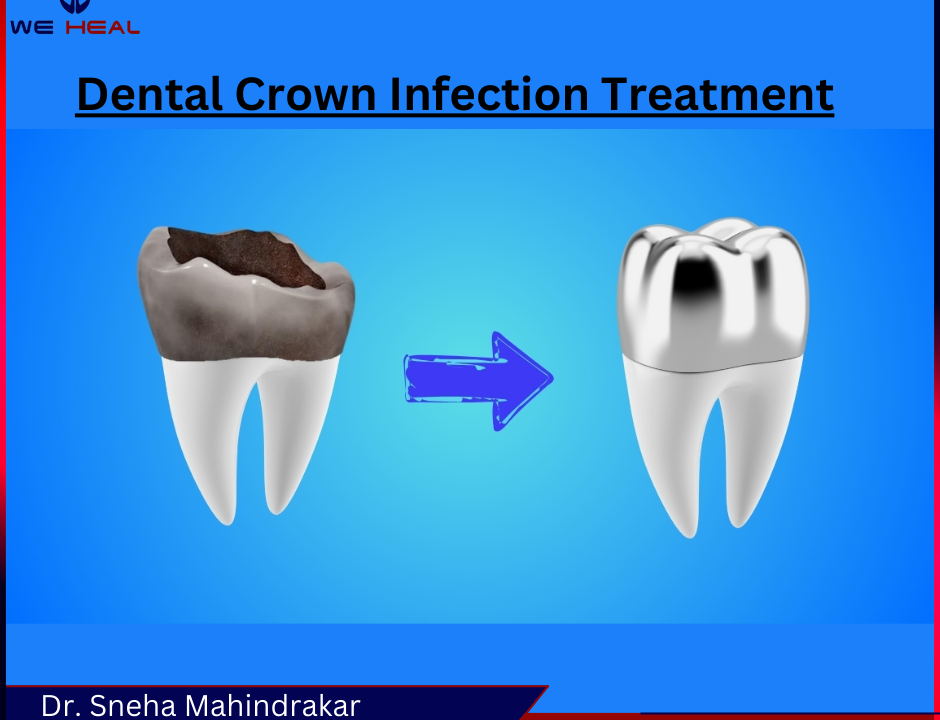
Cosmetic Dentistry: Services and Benefits”
November 29, 2023
Need a tooth extraction? Here are 7 possible reasons why.
December 4, 2023Did you know that jaw pain could indicate heart problems, particularly jaw pain in women? Our jaws are complex. Not only do they provide support for our teeth, but two jaw joints allow the mandible to open and close the mouth, chew food, and move side to side. A mapwork of nerves, veins, and arteries surround and help support jaw function. Between the two bones of the jaw joint, a cushion called an articular disc absorbs shock. This disc can become displaced and hinder movement.
With such complexity, it’s no wonder jaw pain stems from various causes. In today’s blog, we’ll explain three common causes of jaw pain, as well as how to treat the underlying issues to re-establish comfortable oral function. We’ll explore:
- Bruxism (clenching and grinding teeth)
- Sinus Pressure
- Gum Disease (AKA periodontal disease, gingivitis)
- Impacted Wisdom Tooth
- Infected Tooth & Abscess
Bruxism Causes Oral and Jaw Pain
Bruxism is a condition in which the patient clenches and/or grinds his teeth. These destructive movements often occur when the patient is asleep, but stress can cause daytime clenching and grinding, as well. As a result of the pressure and friction caused by bruxism, teeth can crack, chip, and wear down over time.
Oftentimes, bruxism occurs due to TMJ disorder, which stands for temporomandibular joint disorder. TMJ disorder is a condition in which one or both of the jaw’s joints become inflamed, swollen, and/or painful. A patient may not have the ability to fully open and/or close the mouth. The joints may click or pop when the mandible opens and closes. Pain can radiate from the jaw across the face, down the neck, and even to the hands, causing tingling fingers.
Bruxism not related to TMJ disorder is easily treated by the use of an oral splint. Worn overnight, the splint:
- Does not allow upper and lower teeth to touch
- Protects teeth from damage
- Allows muscles and nerves to rest and recover
If TMJ disorder is found to be the root cause of bruxism, a TMJ splint may be indicated. In addition to providing the benefits listed above, a TMJ splint may help retrain the jaw joints so they “learn” to hold the mandible in proper alignment. After wearing the splint for a period, the patient should notice a reduction in TMJ symptoms.
To find out what’s causing your jaw pain, call Dental Care of Lombard. An examination and consultation with Dr. Julie Glud will provide you with answers, as well as a suggested treatment plan to alleviate pain and other symptoms, while also protecting your teeth from further damage.
Sinus Pressure Causes Face and Jaw Pain
Sometimes patients experience jaw pain and mis-self-diagnose the discomfort as a dental issue. However, the sinus passages are located just above the upper jaw (temporal bone). When sinuses become inflamed, irritated, and clogged, the pressure can present as jaw pain.
How can you know whether your jaw has a problem or you’re experiencing sinus pressure? Take an over-the-counter sinus medication for a few days. If symptoms go away, the pain is most likely caused by sinus drainage. If the pain persists, it’s time to call Dr. Glud!
Gum Disease Causes Oral and Jaw Pain
Gum disease, also known as periodontal disease, affects about half of the American population age 30 and over, and 70% of adults 65 and older. As the most common cause of adult tooth loss, gum disease is an infection of the soft oral tissue covering the jaws. Gum tissue supports teeth, providing additional structure for teeth roots.
When bacteria build up on teeth and at the gum line, they can irritate and then infect gum tissue, creating deep pockets of infection around teeth roots. Mild gum disease is called gingivitis. More advanced cases are known as periodontitis and advanced periodontitis, which requires surgical removal of necrotic (dead) and infected tissue.

Gum disease also increases a person’s risk for:
- Heart disease and coronary artery disease
- Respiratory disease
- Rheumatoid arthritis
- Preterm birth and low birth weight
- Diabetes complications
Symptoms of gum disease include:
- Jaw pain
- Tooth pain
- Bad breath
- Bleeding when brushing teeth
- Swollen, dark, tender gums
- Pus between teeth and gums
We treat gum disease with a deep dental cleaning, removing plaque and bacteria as well as smoothing teeth roots to eliminate rough areas where bacteria build up. Gum disease is chronic, so once you’re diagnosed it could flare up if you don’t follow and your dental hygienist’s instructions for ongoing daily homecare and professional care when needed.
Impacted Wisdom Tooth Causes Pain Near TMJs
If your pain is in the back of the mouth, in the jaw instead of on a tooth, and you have not had your wisdom teeth removed, you might suffer from an impacted wisdom tooth. Most people have four wisdom teeth, though a few have five or three, and rare few have none at all.
By taking an x-ray, Dr. Lombard can determine whether you have an impacted wisdom tooth and advise you on treatment.
Infected Teeth & Abscesses Cause Oral and Jaw Pain
When a tooth sustains a deep cavity, crack, or chip, if the damage penetrates the tooth’s core, internal tooth infection can develop. As bacteria grow in the center of the tooth, they cause pressure on the tooth’s nerve. This creates pain.
Left untreated, an abscess can develop. Abscesses are pockets of infection that can form inside a tooth, in the gums, or in the bone at the tooth’s root tip.
With an exam and x-ray, can assess whether you have an internally infected tooth and/or an abscess. Treatment involves removing the bacteria and infection and draining the pus. In some cases, the affected tooth must be removed. The patient may need antibiotics to treat the infection internally.




